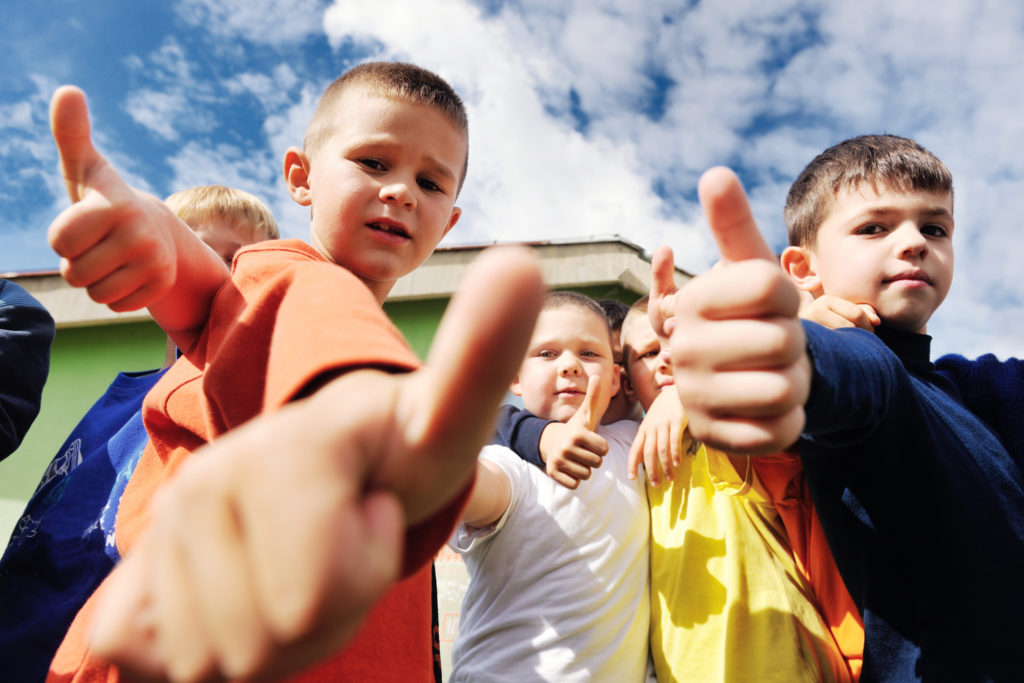
Attention Deficit Hyperactivity Disorder (ADHD) is a neurodevelopmental disorder that affects millions of children worldwide. While medication and therapy are commonly used to manage ADHD symptoms, there is another powerful tool that can make a significant difference in a child’s life: play. In this blog, we will explore how play can help children with ADHD develop important skills, manage their symptoms, and thrive in their daily lives.
Enhancing Executive Functioning:
Play provides an opportunity for children with ADHD to develop and strengthen their executive functioning skills. Executive functions, such as planning, organizing, and problem-solving, are often impaired in children with ADHD. By engaging in various types of play, such as imaginative play, board games, or puzzles, children can practice and improve these skills in a fun and interactive way.
Improving Focus and Attention:
One of the core symptoms of ADHD is difficulty sustaining attention. Play can help children with ADHD improve their focus and attention span. Activities that require sustained attention, such as building blocks, arts and crafts, or playing a musical instrument, can help children train their brains to concentrate for longer periods of time.
Promoting Social Skills:
Children with ADHD often struggle with social interactions and making friends. Play provides a natural setting for children to practice social skills, such as turn-taking, sharing, and cooperation. Whether it’s playing a team sport, engaging in pretend play with peers, or participating in group activities, children with ADHD can learn valuable social skills through play.
Reducing Hyperactivity and Impulsivity:
Physical play, such as running, jumping, or playing sports, can help children with ADHD release excess energy and reduce hyperactivity. Additionally, engaging in structured play activities that require following rules, such as board games or card games, can help children with ADHD practice self-control and reduce impulsive behaviors.
Play is not just a form of entertainment for children with ADHD; it is a powerful tool for their development and well-being. By incorporating play into their daily lives, children with ADHD can enhance their executive functioning, improve their focus and attention, develop social skills, and reduce hyperactivity and impulsivity. As parents, educators, and caregivers, let’s recognize the importance of play and create an environment that allows children with ADHD to thrive.
Remember, every child is unique, and it’s essential to tailor play activities to their specific needs and interests. By embracing the power of play, we can help children with ADHD reach their full potential and lead fulfilling lives.
I hope this blog provides valuable insights into the benefits of play for children with ADHD. If you have any further questions or need additional information, feel free to reach out.
